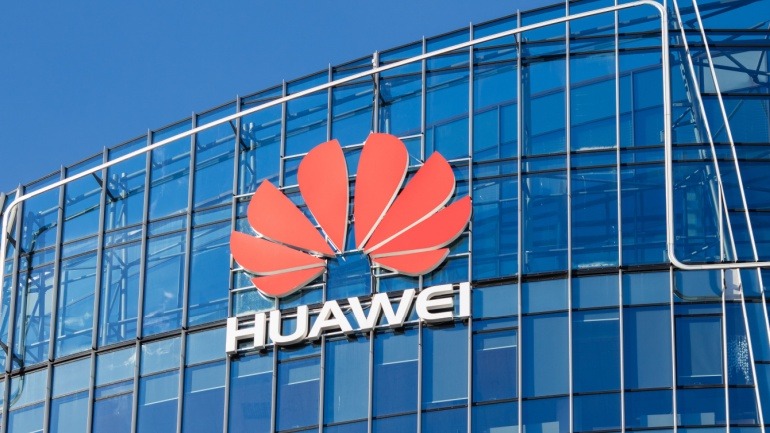Verizon raised its full year earnings forecast after strong service revenue and broadband growth in Q2. Despite losing wireless subscribers, gains in fixed broadband and wireless access helped offset declines.
Meta is pioneering sustainable construction with an AI-optimized concrete, developed in collaboration with Amrize and the University of Illinois. This innovative blend, used in their Minnesota data centers, reduces carbon emissions while meeting structural needs.
Nvidia is facing a significant challenge as it informs Chinese clients about the shortage of H20 chips, a crucial AI processor. This arises due to U.S. government delays in export licenses amidst trade tensions and restrictions.
Oracle is investing $3 billion to expand its AI and cloud infrastructure in Europe, focusing on the Netherlands and Germany. The move supports rising demand for sovereign cloud services and digital transformation, with major boosts in Amsterdam and Frankfurt.
Eurofiber and NTT Data’s “Connected Workspace” is redefining digital transformation for Dutch enterprises by integrating private 5G, fiber, and data center infrastructures. This innovative service promises rapid deployment with minimal investments, harnessing Eurofiber’s robust infrastructure.
Boldyn Networks is reinforcing its European presence with a new strategic structure, unifying operations and leadership across key markets. The integration of Smart Mobile Labs and recent industry recognition highlight its ambition to lead in advanced connectivity solutions for public and private sectors.
Vodafone teamed up with Manna to test how mobile networks can support long-range drone deliveries. While Manna already operates successfully in Ireland and abroad, this collaboration aims to tackle air safety and regulatory hurdles for broader rollout.
Ooredoo’s innovative AI cloud service in Qatar harnesses advanced Nvidia Hopper GPUs, bolstering sectors such as energy, finance, and healthcare. This cutting-edge development, aligned with Qatar’s Digital Agenda 2030, provides high-performance AI infrastructure locally, ensuring fast, secure data handling.
In a critical legal setback for Huawei, a US judge has denied the company’s attempt to dismiss the majority of charges brought by US authorities. These charges involve serious allegations, including defrauding US financial institutions and breaching sanctions with Iran and North Korea.
Nokia’s Enscryb platform is set to revolutionize the energy sector by leveraging digital twin technology. Through partnerships with energy leaders like NODES and Smartecon, Enscryb enhances energy flexibility, integrates renewable data, and supports sustainability goals.













